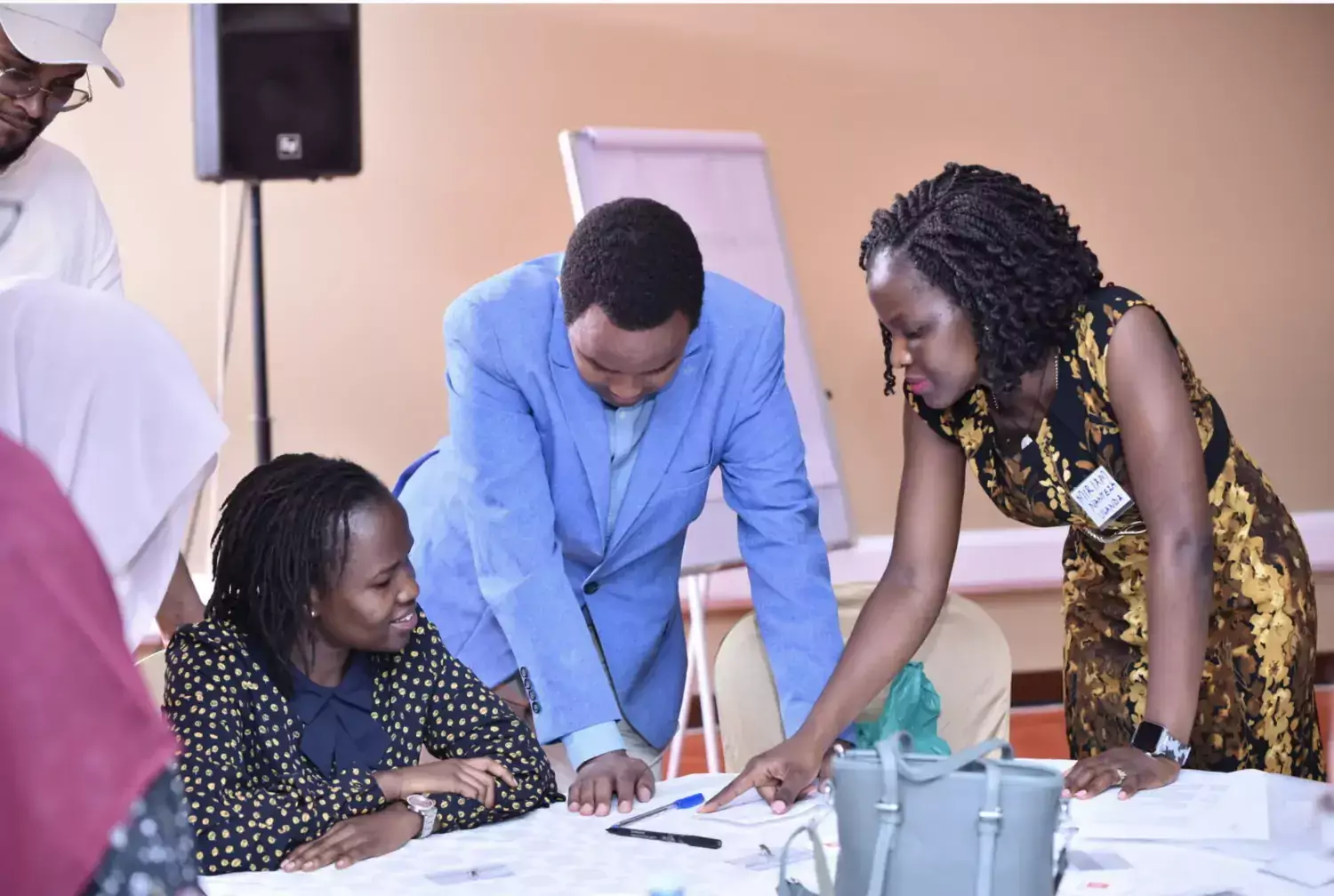About the Centre of Excellence for Sustainable Health
The Centre of Excellence for Sustainable Health, CESH, is a digital competence centre established in 2021 in collaboration with Makerere University in Uganda, with the aim of promoting sustainable health and contributing to the 2030 Agenda.
Key facts about CESH
- Mission: Drive the agenda for sustainable health by strengthening capacity, fostering innovation and transforming education and research
- Vision: achieve sustainable health for all, equitably
- Objectives:
- develop capacity to educate to appreciate, design, implement and evaluate sustainable health initiatives
- develop resources and tools to drive the sustainable health agenda
- facilitate and promote networks and partnerships for sustainable health
- conduct research to generate evidence and contribute knowledge to advance sustainable health.
KI and Makerere University in Uganda started collaborating in 2000.
Over the years, the initial exchange of students, teachers and collaboration in research has developed into more formal projects, such as joint doctoral training.
The collaboration has contributed to important research results within a vast area of health including occupational therapy and public health.
CESH activities can be divided under four core engagements:
1. Capacity development and Education
2. Tools and resources
3. Networks and partnerships
4. Research
Joint programs
 Photo: N/A
Photo: N/ALeadership programs
 Photo: N/A
Photo: N/ACapacity development in fragile states (SDGCap), completed in 2023
A capacity development project 2021-2023 funded by Sida which aimed to support the implementation of Agenda 2030 in the Democratic Republic of Congo, Uganda and Somalia.
